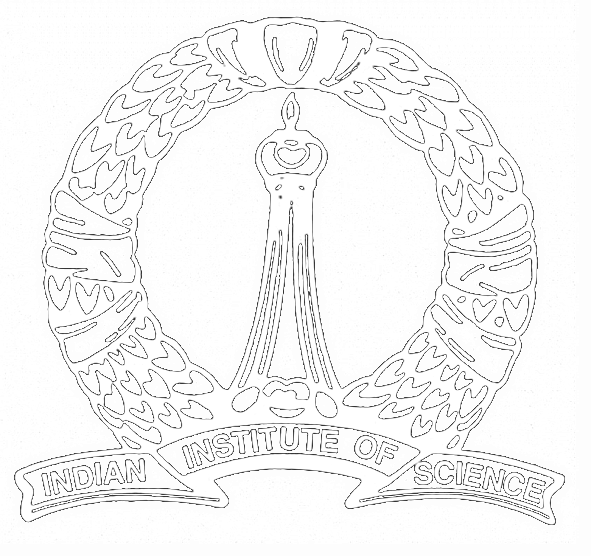APRG Seminar
Title: Riesz sequence of the system of left translates on the Heisenberg group
Speaker: R. Radha (IIT, Madras)
Date: 05 May 2021
Time: 4 pm
Venue: Microsoft Teams (online)
It is well known that the system of translates $\{T_k\phi:k\in\mathbb{Z}\}$ is a Riesz sequence in $L^2(\mathbb{R})$ if and only if there exist $A,B>0$ such that \begin{equation} A\leq\sum_{k\in\mathbb{Z}}|\widehat{\phi}(\xi+k)|^2\leq B\hspace{.5 cm}a.e.\ \xi\in[0,1], \end{equation} where $\widehat{\phi}$ denotes the Fourier transform of $\phi$. This result is very important in time-frequency analysis especially in constructing wavelet basis for $L^2(\mathbb{R})$ using multiresolution analysis technique and also in studying sampling problems in a shift-invariant space.
In this talk, we ask a similar question for the system of left translates $\{ L_\gamma\phi:\gamma\in\Gamma\}$ on the Heisenberg group $\mathbb{H}^n$, where $\phi\in L^2(\mathbb{H}^n)$ and $\Gamma$ is a lattice in $\mathbb{H}^n$. We take $\Gamma= \{(2k,l,m):k,l\in\mathbb{Z}^n,m\in\mathbb{Z}\}$ as the standard lattice in order to avoid computational complexity. Recently it has been proved that if $\phi\in L^2(\mathbb{H}^n)$ is such that \begin{equation} \sum_{r\in\mathbb{Z}}\left\langle \widehat{\phi}(\lambda+r),\widehat{L_{(2k,l,0)}\phi}(\lambda+r) \right\rangle_{\mathcal{B}_2}|\lambda+r|^n=0\ a.e.\ \lambda\in(0,1], \end{equation} for all $(k,l)\in\mathbb{Z}^{2n}\setminus\{(0,0)\}$, then $\{L_{(2k,l,m)}\phi:k,l\in\mathbb{Z}^n, m\in\mathbb{Z}\}$ is a Riesz sequence if and only if there exist $A,B>0$ such that \begin{equation} A\leq \sum_{r\in\mathbb{Z}}\left|\widehat{\phi}(\lambda+r)\right|_{\mathcal{B}_2}^2|\lambda+r|^n\leq B\ \ a.e.\ \lambda\in(0,1]. \end{equation} Here $\widehat{\phi}$ denotes the group Fourier transform of $\phi$ and $\mathcal{B}_2$ denotes the Hilbert space of Hilbert-Schmidt operators on $L^2(\mathbb{R}^n)$. In the absence of the above condition, the requirement of Riesz sequence is given in terms of the Gramian of the system $\{\tau\left(L_{(2k,l,0)}\phi\right)(\lambda):k,l\in\mathbb{Z}^n\}$ for $\lambda\in(0,1]$, where $\tau$ is the fiber map. We shall discuss these results in the talk along with the computational issues.
- All seminars.
- Seminars for 2021
